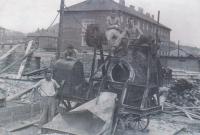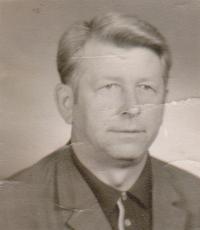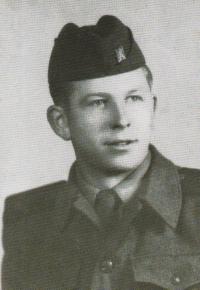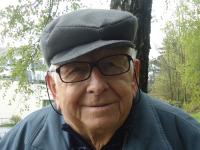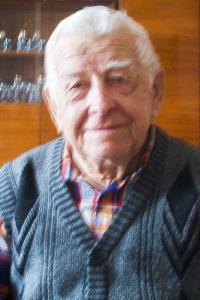Until my death, faith shall be my strength

Download image
Ján Šebák was born on February 26, 1931 in Pružina. He comes from a poor Catholic family. He attended elementary school in his native village and as a sixteen year-old boy he left to work to Prague in Škoda factory. After some time he returned home and in December 1949 he was beaten in front of the village cinema because of criticizing a Soviet movie. He pressed charges against the attackers, but in the end, he was the one being charged against. He got two years of conditional sentence with a three-year postponement. In August 1952 he had to enlist in the Auxiliary Technical Battalions (PTP), and he spent 27 months in Most, Litvínov, Bílina, including 3 months being in the military hospital in Terezín. After returning to the civilian life, with great difficulties he managed to get employed at the Central Slovak Energetic Distribution Company in Považská Bytrica, from where he was later transferred to a district branch in Beluša. From here he left to retirement. After the Velvet Revolution he co-founded and was engaged in the district committee of the Public Against Violence Movement (VPN). Later he also became a member of the Movement for a Democratic Slovakia (HZDS), however, due to disapproval with the party’s policy, he resigned. Nowadays he lives retired in Pružina.
